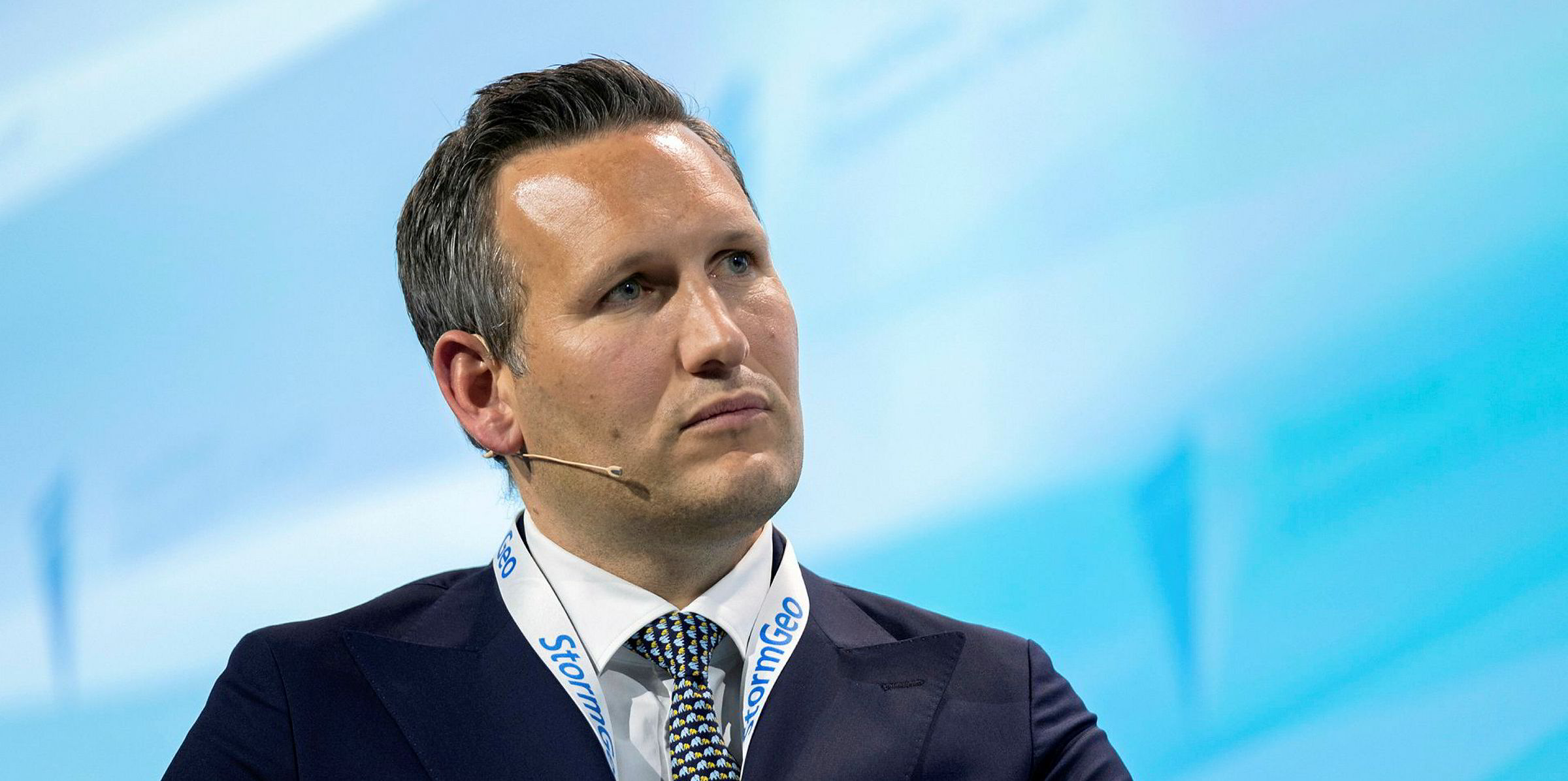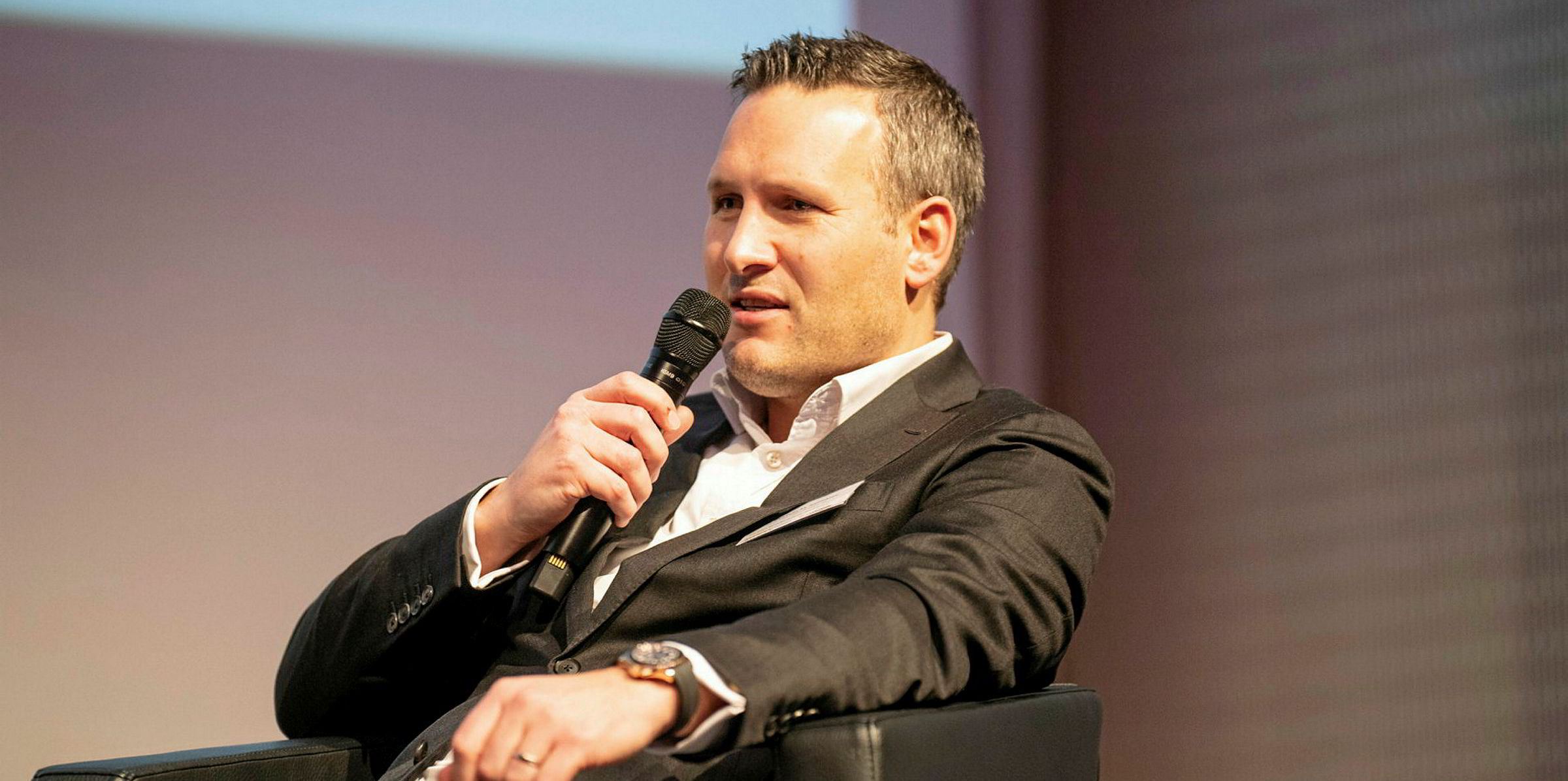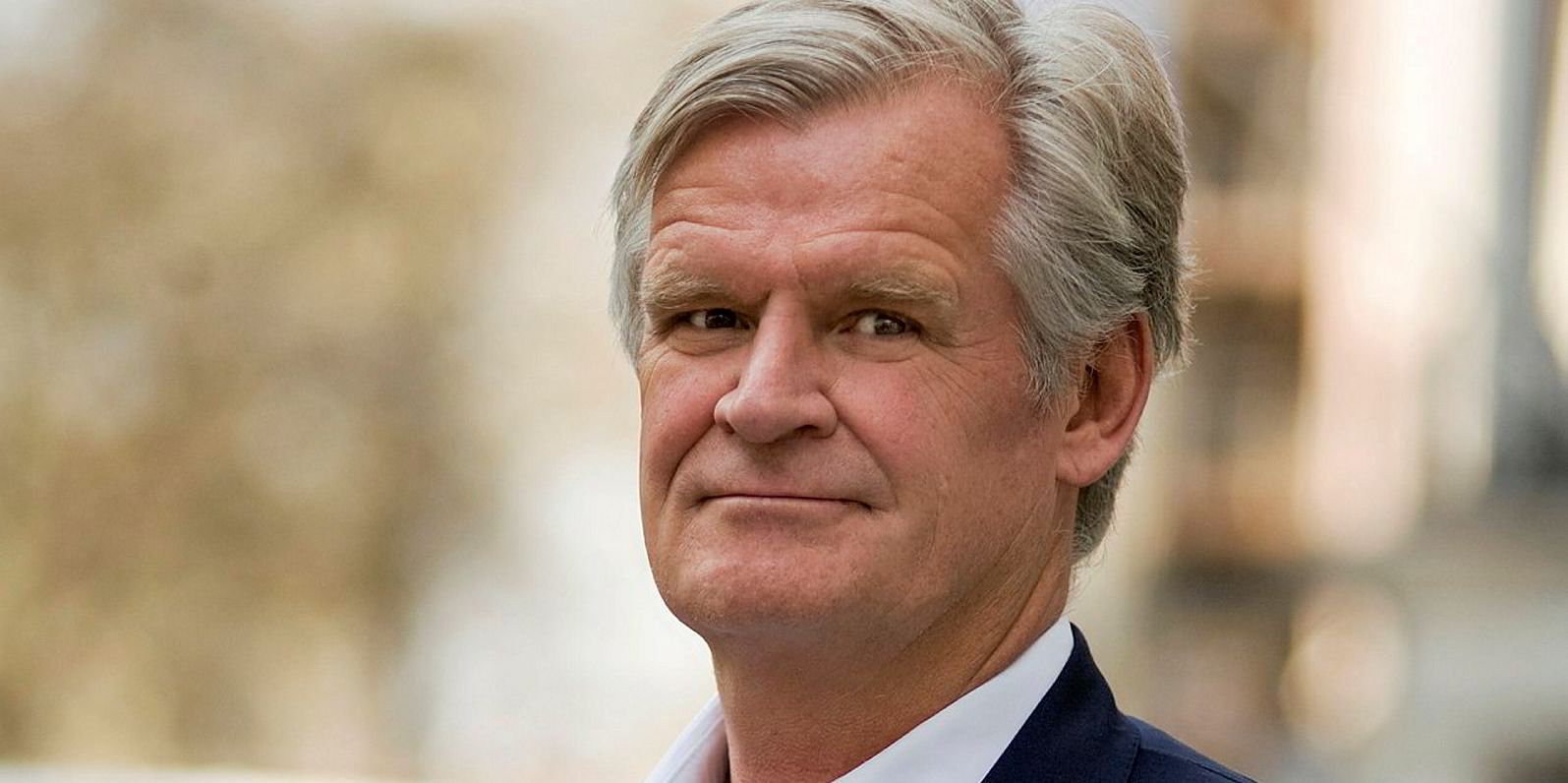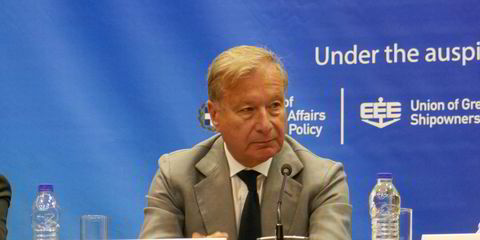Europe's on-shore LNG tanks could be full up sometime this summer, potentially pushing gas carriers into floating storage, Flex LNG chief executive Oystein Kalleklev said on Thursday.
During the company's first-quarter earnings call, Kalleklev said Europe — home to eight of the 10 fastest-growing natural-gas importing countries — kept buying gas "hand over fist" despite the warmest winter on record in the northern hemisphere and the Covid-19 outbreak.
He predicted storage would be filled to the brim come July and August, leaving ships to store the excess.
"The vast majority of storage capacity is located in the US and Europe and not in the big import nations in Asia," Kalleklev said. "This means Europe is the natural swing importer and the glut of LNG has resulted in record low gas and electricity prices in Europe.
"We expect another round of massive floating storage once we are approaching autumn. This should, in our view, be supportive of the trade market."
He added that long-term LNG prices are expected to remain low, with depressed oil prices beginning to factor in, as most LNG volumes are tied to three-month average oil prices.
Many in the sector have argued that bargain LNG prices will stimulate demand and accelerate the switch away from coal.
For New York-listed Flex, which is backed by John Fredriksen, Kalleklev said the expected demand increase and the existing efficiency gap between newer LNG carriers and older tonnage would further benefit the company.
Flex's oldest ships were built in 2018 and the firm has seven newbuildings set for delivery this year and next.
For the first quarter, Flex posted a net loss of $14.9m, deeper than the $3.4m loss posted for the same period last year, despite a doubling of revenue to $38.2m year over year.
In early trading on Thursday, Flex's shares had dropped $0.20 — or 4.17% — to $4.60 on the New York Stock Exchange.
The company is also listed in Oslo, Norway.






